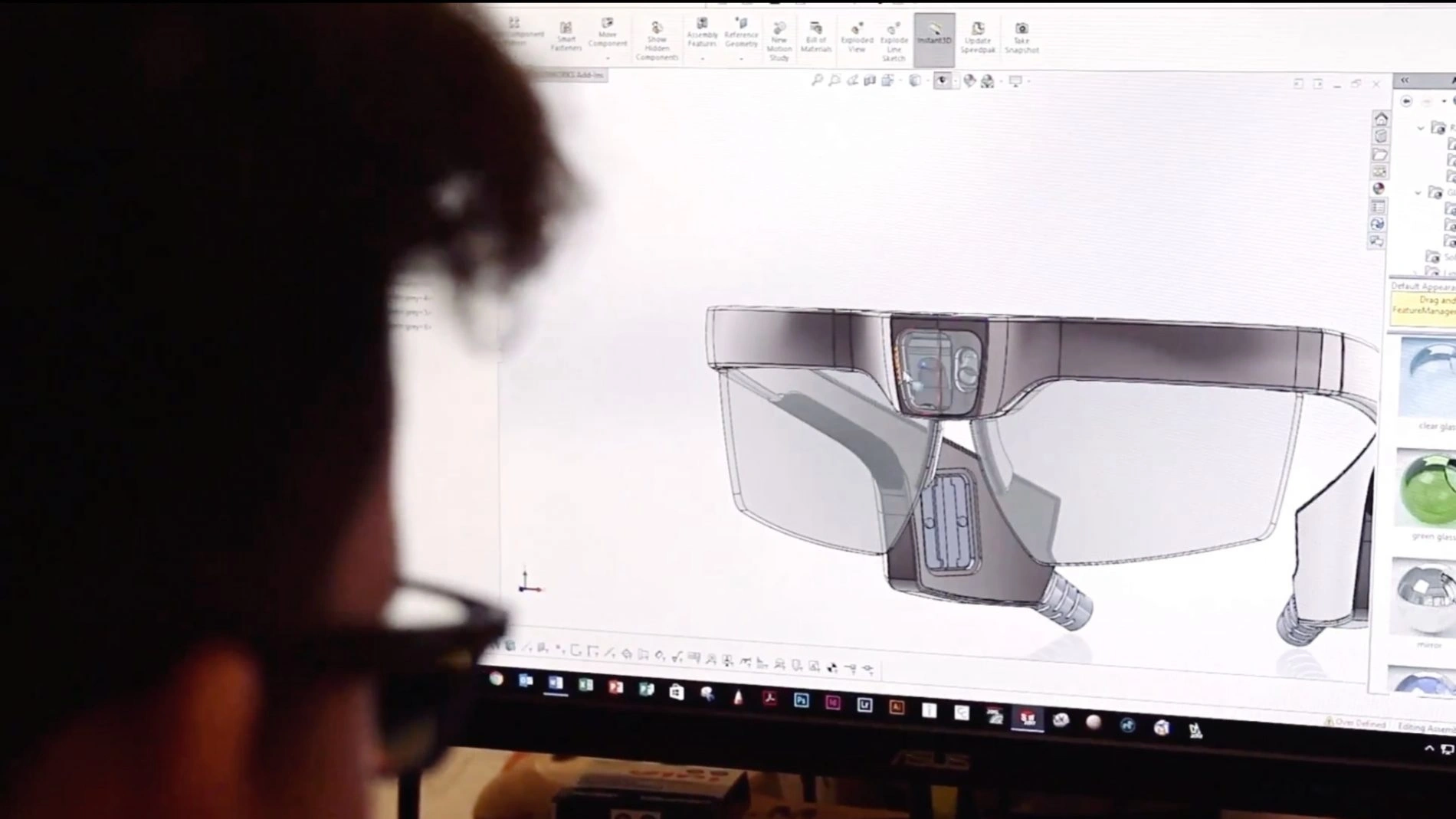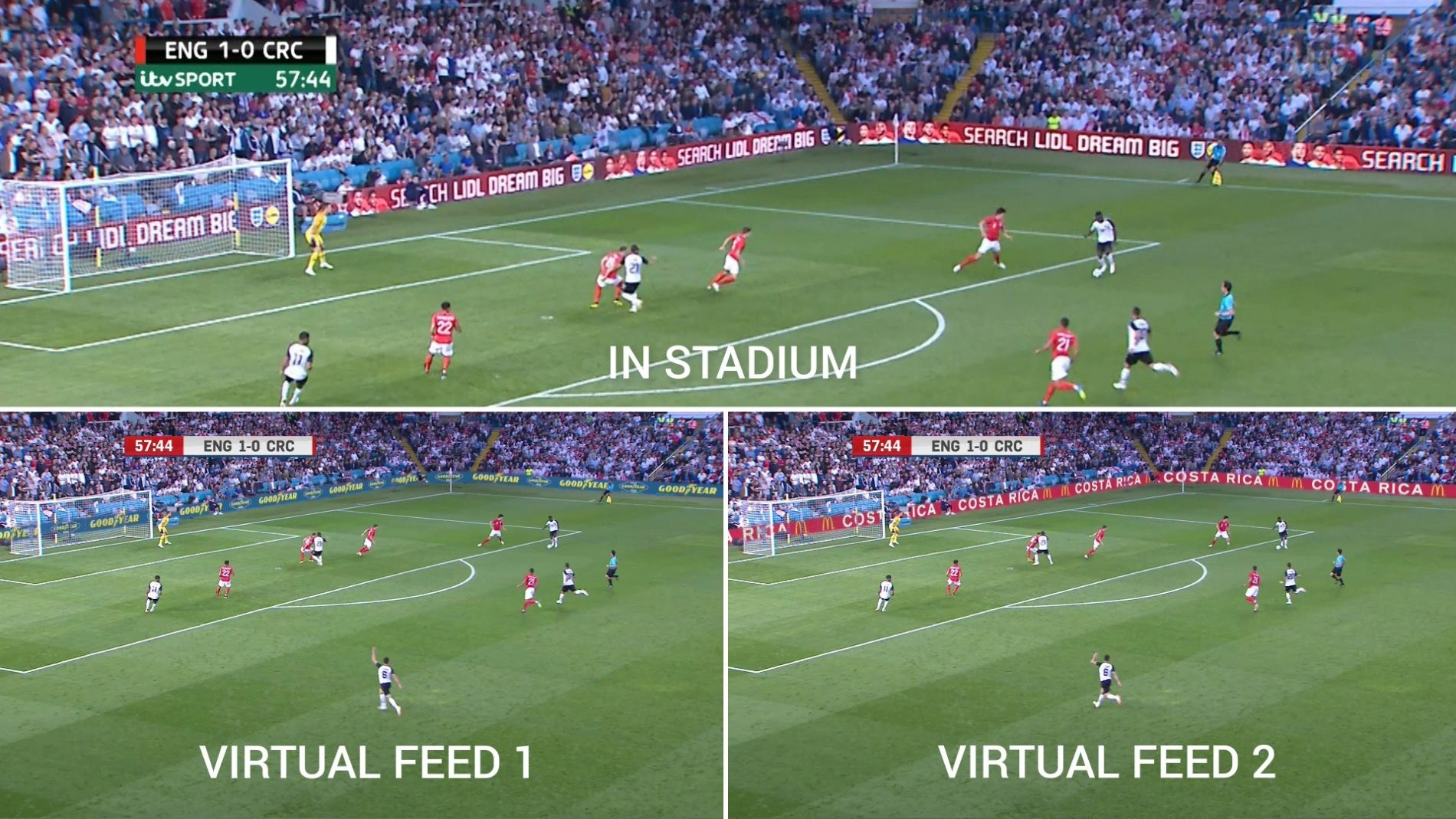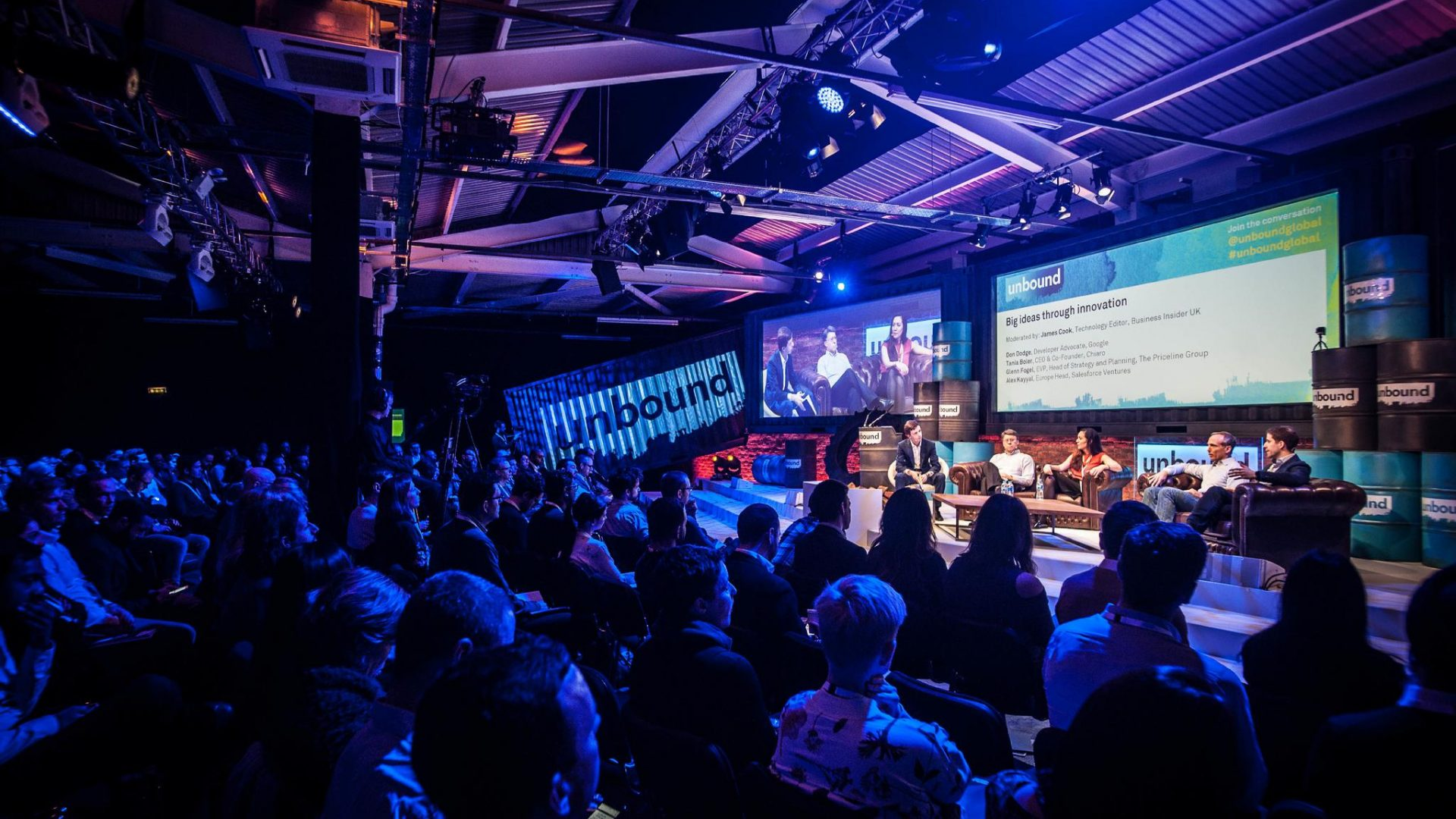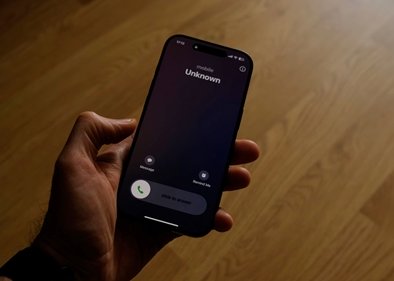Everything started, says Nuno Muralha, when he was a surgeon in South Africa on a trauma exchange.
“Over there I saw things that you don’t usually see in Europe – a lot of stabbing, gunshot wounds, trauma – six to ten cases a day,” he says.
No one in Portugal, where had recently trained, would believe he was assigned so many operations, he says.
He had the idea to record the procedures, so surgeons could help each other, both by building up a library of procedures, and by live-coaching.
So a specialist surgeon in the US or Europe would be able to coach a more generalist colleague through a procedure at a hospital in East Timor.
“Skype for surgeons,” says Mr Muralha, who now specialises in trauma surgery and complex wounds in Portugal’s Centro Hospitalar do Médio Ave.
The hospital is in Santo Tirso, just to the north of Porto.
“So I thought, let me buy some smart glasses, and that’s what I did,” he says.
He first had the idea in 2015, then began building his team in 2017.

urgeonMate from Portugal was invented by a doctor who wanted to find ways to record and share surgical records to help healthcare professionals all around the world. Picture credit: SurgeonMate
The doctor will see you now
SurgeonMate is one of the 100 start-ups nominated by industry experts as part of Vodafone’s 5G Dig competition.
After making it to the top five, Mr Muralha and his team took the People’s Choice award, announced at 2019’s Unbound technology innovation festival in London.
“I’m speechless after that, I was overwhelmed,” he says.
“Listening to 500 people cheering and clapping [is] real proof that we do have a purpose”.
One challenge was making glasses that would focus on the right thing. Often, he says, you aren’t looking directly at what’s most important.
“When you’re eating or writing, you don’t bend your neck to stare at the food or keyboard,” says Mr Muralha.
Another was using bone conduction – letting surgeons listen to both advice from a distant colleague, and also what was going on in theatre.
“You have to be able to hear someone shout, ‘No, don’t cut his aorta!’” he laughs.
But the biggest challenge came from GDPR, the EU General Data Protection Regulation. It came into force in May 2018, introducing strict controls on how businesses and other organisations treat people’s data.
Technology provided the solution.
“We recognise the area of interest, and everything else gets blurred,” says Mr Muralha.
In the end, he says the technical issues were solvable once he had the vision for SurgeonMate.
“I’m a surgeon not a CTO (chief technology officer).”
Visual literacy
A key focus for SurgeonMate is helping surgeons in out of the way areas, so 5G in healthcare will be very useful in establishing reliable, low-latency data connections with hospitals in countries like Papua New Guinea, he says.
But the library is also helpful in developed countries, like Portugal and the UK, if a surgeon hasn’t done a particular procedure recently.
“We retain 80 to 90% of what we watch in a video, but only 10% of what we read,” says Mr Muralha.
And even though medicine is always progressing, surgery is an art where experience can be passed down, too.
“Because these are masters, professors, these guys and they are 65 or 70, they will retire,” he says.
A library of them at work in the theatre will keep their knowledge from being lost, he says.
If surgeons “could learn from others’ experience,” then this is life-saving technology, says Laura Turkington, of Vodafone Group Business Development and Innovation, and one of the judges.
And helping remote hospitals access SurgeonMate is a “case for 5G which is really exciting,” she says.

England vs. Costa Rica – visible & virtual. London-based Supponor has made it into the top 5 pioneering 5G start-ups for its innovative work using AR in sports marketing. Picture credit: Supponor
Augmenting the scores
On the day the judges were unanimous in choosing London and Helsinki based Supponer as their winner.
“I was so impressed with all of the top five 5G DIG start-ups, with great pitches delivered at Unbound London,” says Vodafone’s head of business development, Paresh Modi.
“We want to particularly congratulate Supponer and SurgeonMate for winning the start-up pitch battle – we’re proud to be associated with them and all of the 5G DIG start-ups.”
Supponer uses augmented reality to overly existing perimeter advertising with creative targeted at viewers in a particular country or language.
At a football match, scenes where ads are visible “comprise a sizeable majority of the number of minutes on the screen,” says managing director Ross Hair.
Supponor’s tech maximises the revenue possible from in match signage by letting “different brands in different markets use the same advertising board at the same moment in the game”.
So German sportswear company Puma, for instance, can “organise messages in Chinese for the Chinese market, and Spanish for the Argentine market,” he says.
Particular countries, too, might have different laws about television advertising for things like alcohol.
Top tier sports are one of the few remaining live broadcast phenomena, with passionate fans a hugely valuable audience for any brand looking to advertise its wares.
The downside is fairly generic in-stadium content, that tries to appeal to a global viewing audience.
Which means augmented reality provides a unique opportunity.
Reality bites
The 18 clubs in Germany’s Bundesliga could raise advertising revenues by €60 million, by selling targeted advertising to fans in five global areas, according to a report by Nielsen Sports.
And the technology “really is at a level where people don’t notice,” says Mr Hair.
This is important, since sport governing bodies wouldn’t allow it to be used if it would distract from viewers’ experience of the game on the pitch, he says.
Augmented reality advertising could have uses “really wherever there is a public live event which creates interest in overseas markets,” like “outdoor sports, music concerts, or big international public events.”
“Things like 5G are going to be enormously helpful” to help Supponor’s video connections be more robust, and help them to scale, he says.
Having a remote operations centre is their next step, to let them scale and work on “lots of concurrent games,” rather than basing themselves – as they do now – where an event is taking place.
Supponor is “already marking up some big names and gaining traction in Spain, Germany, and the US,” says Vodafone’s Laura Turkington.
“They’re growing at a fast rate, with an exciting and dynamic team behind them, and a plethora of possibilities in other use cases,” she says.
Down the road, advertising content from sport fixtures could even be targeted to an individual’s IP address.
So there could be clickable adverts trying to sell you the toaster you looked at last week.
Or maybe even the pair of running shoes.



























